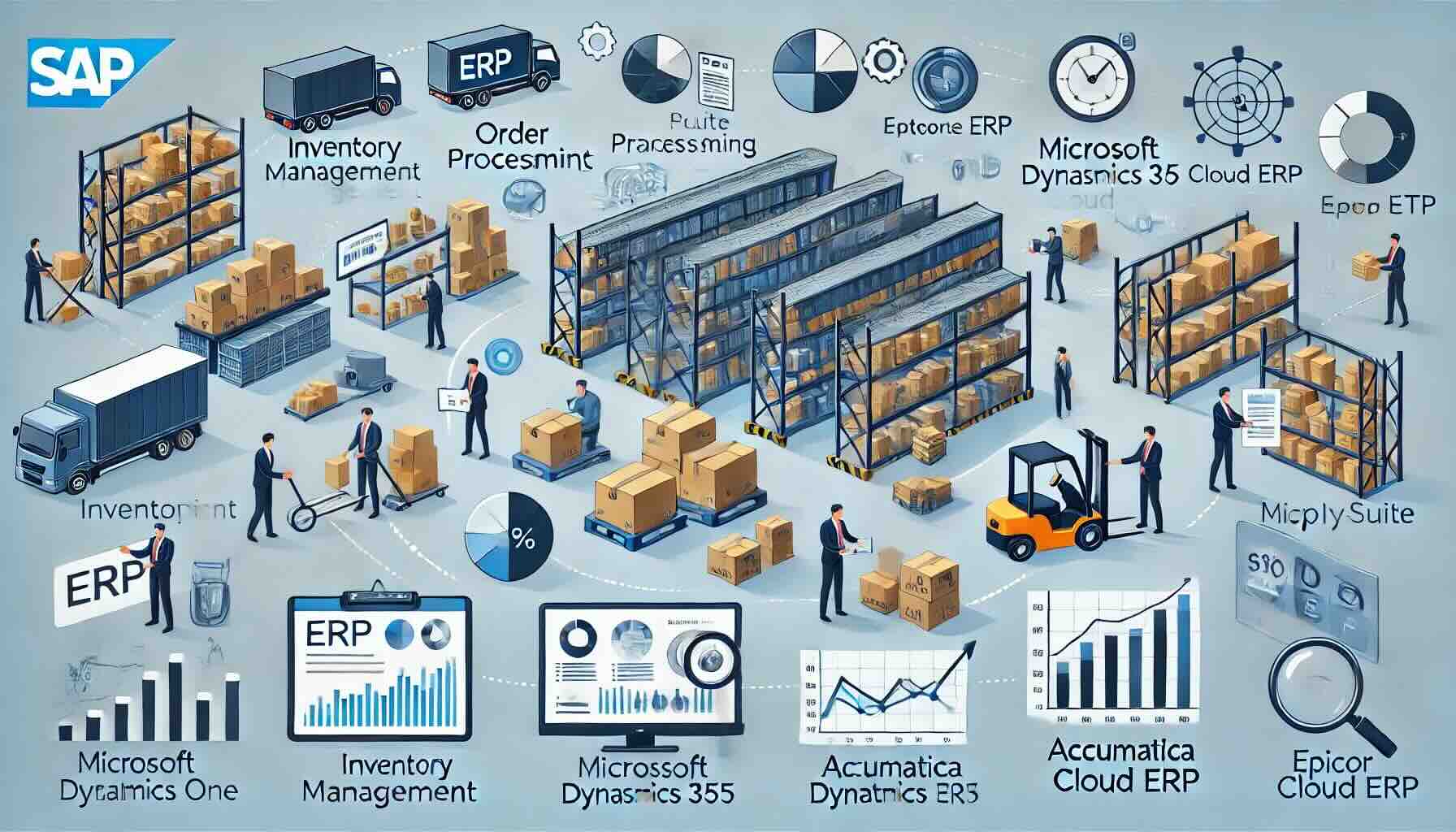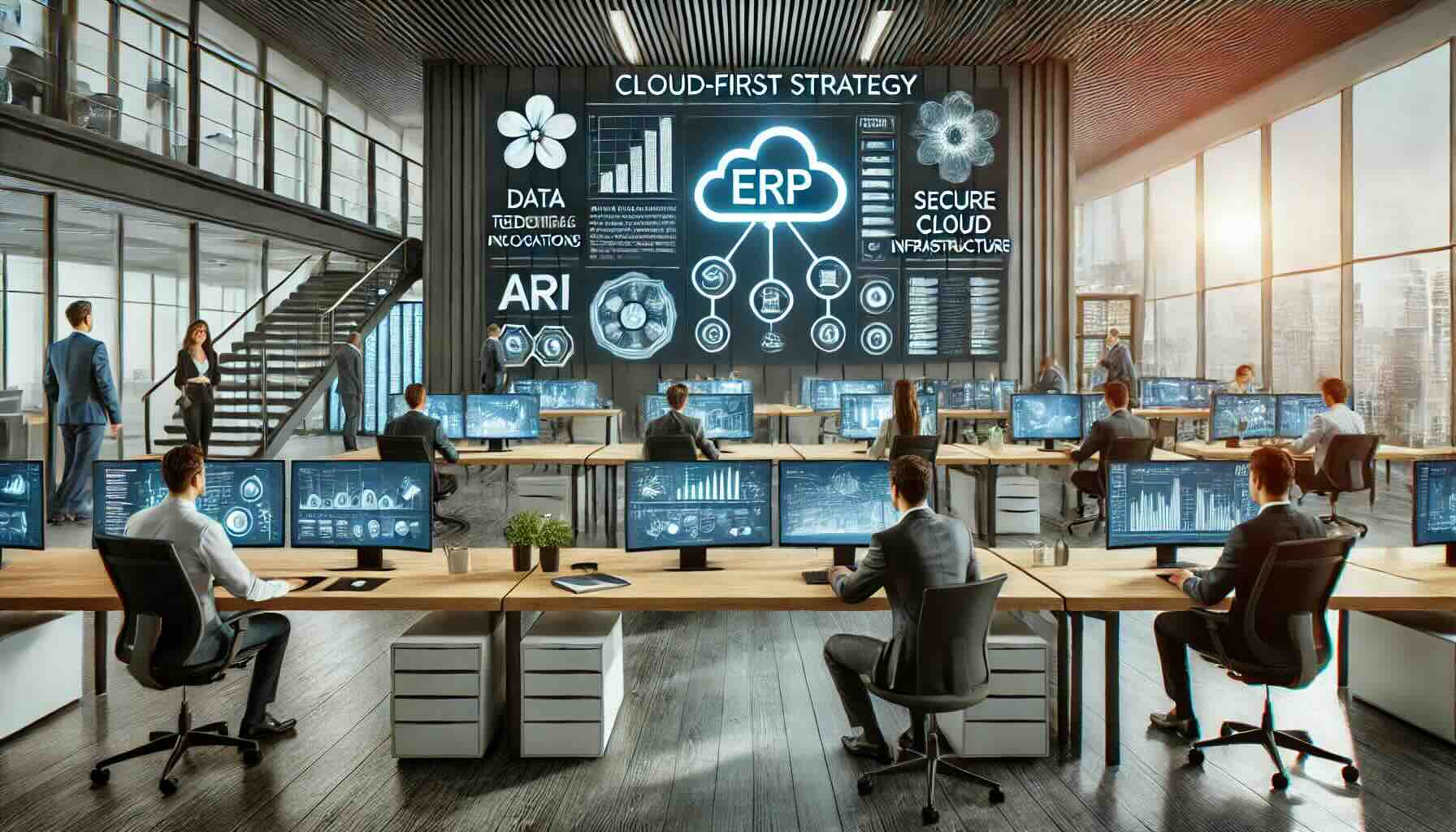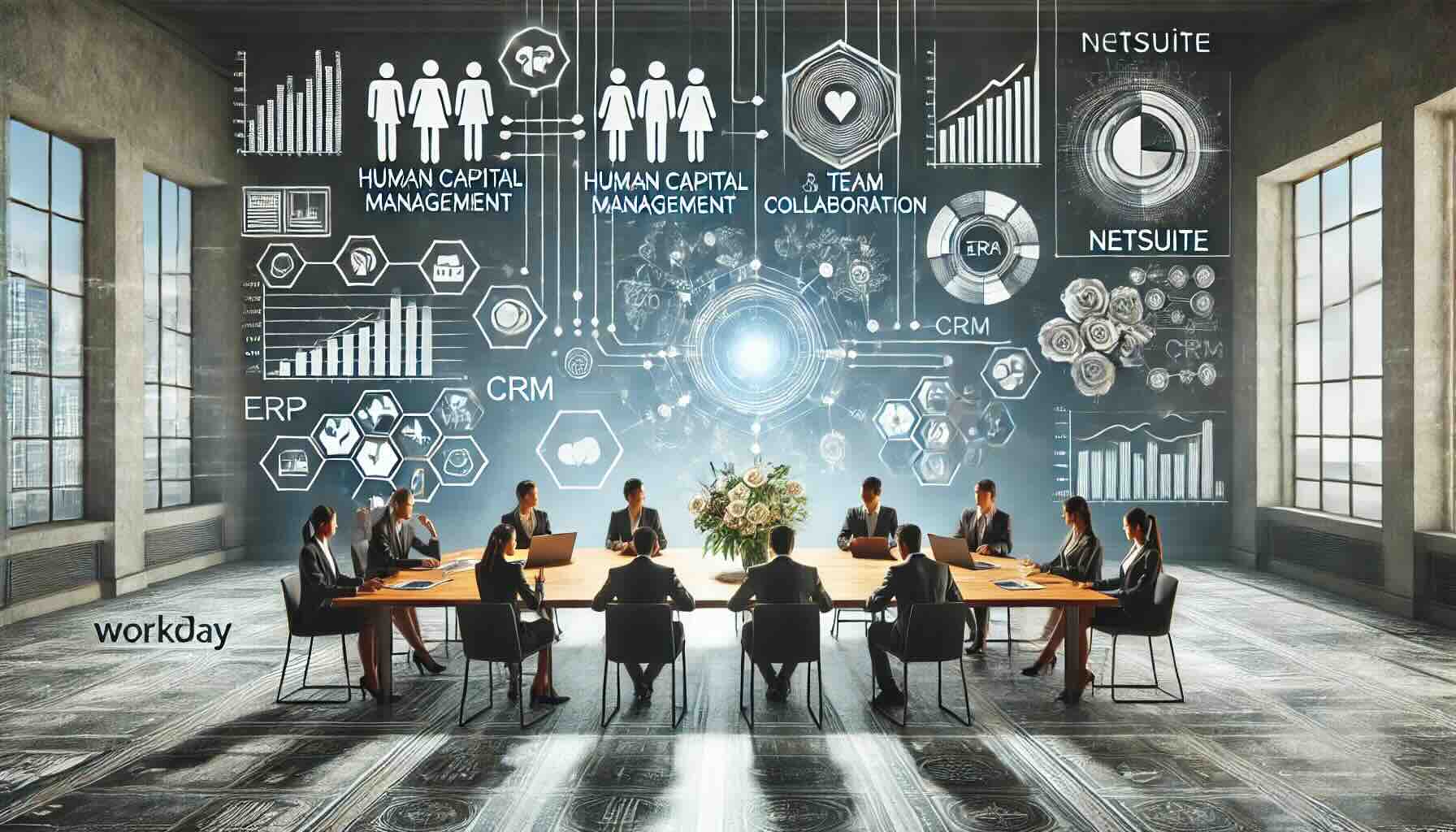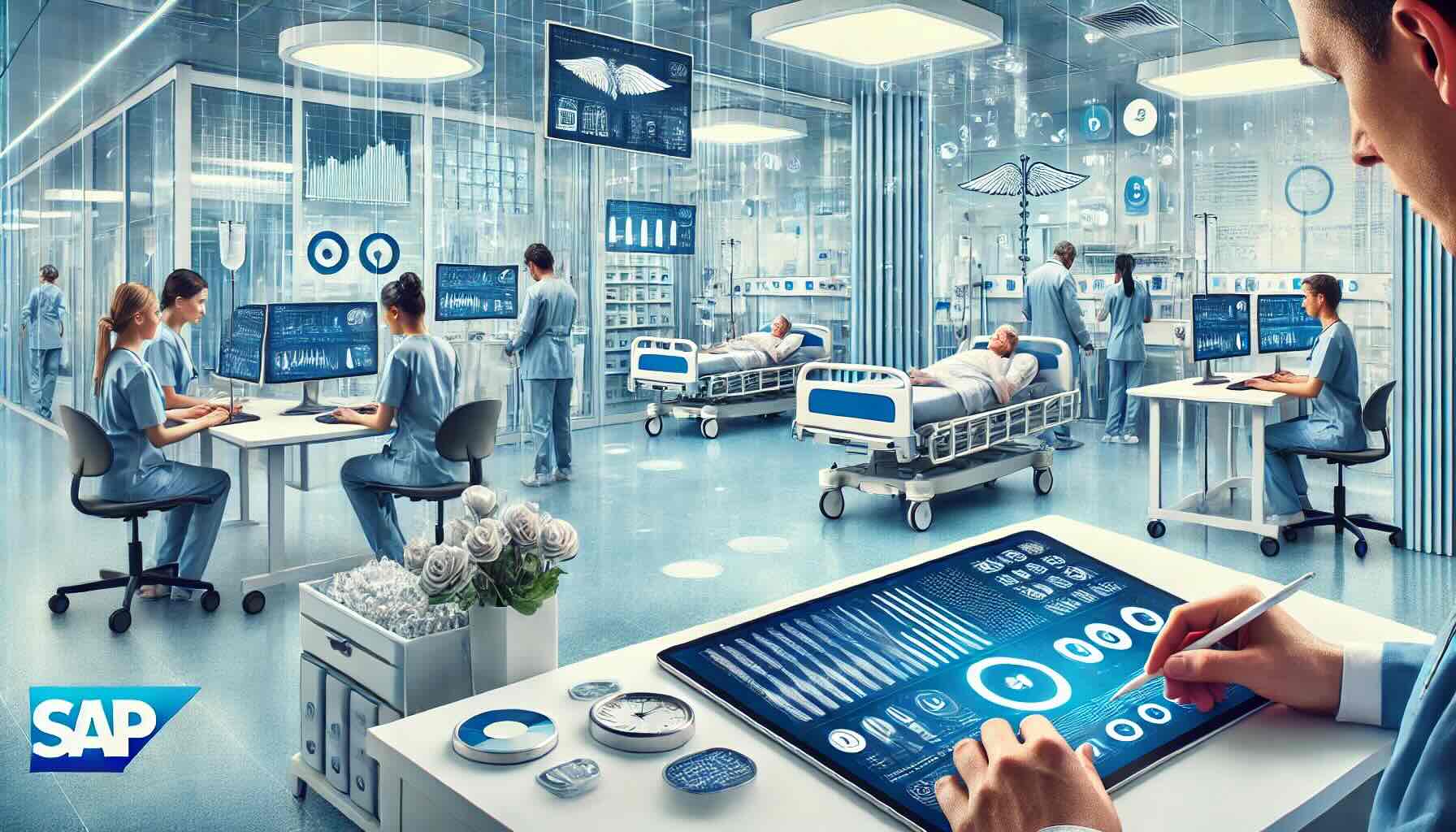Compare the Best ERP Solutions in India
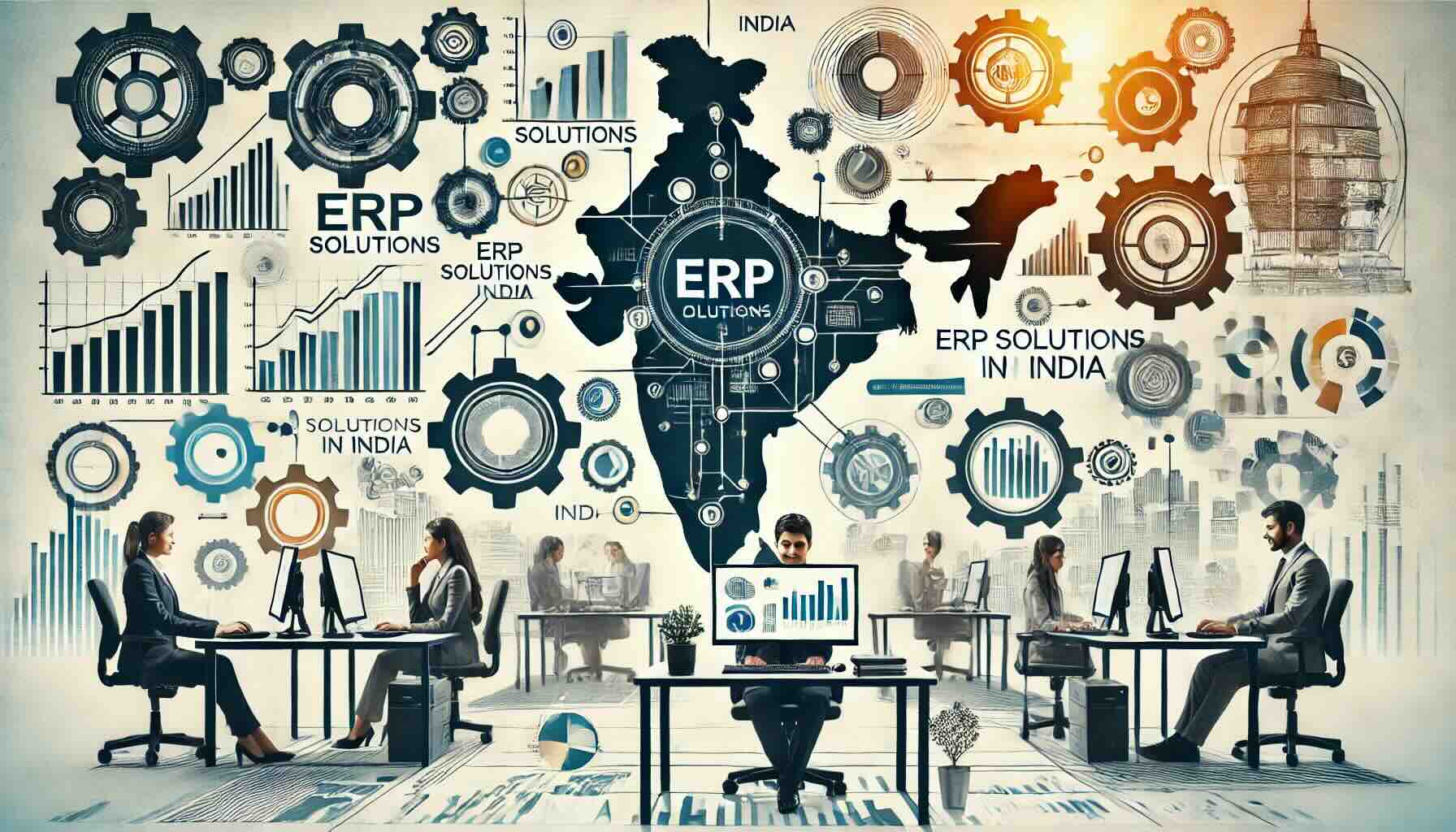
Enterprise Resource Planning (ERP) solutions have become an essential component of businesses in India. They streamline processes, enhance operational efficiency, and improve decision-making through centralized data. However, with a myriad of options available, choosing the right ERP solution can be challenging. Here, we compare some of the best ERP solutions in India to help you make an informed decision.
What Are ERP Solutions?
ERP solutions integrate core business processes such as finance, supply chain, human resources, and customer relationship management (CRM) into a single system. These solutions are particularly beneficial for businesses aiming to automate tasks, reduce redundancies, and improve productivity.
Why ERP Solutions Are Essential for Indian Businesses
Indian businesses, ranging from startups to large enterprises, operate in a highly dynamic environment. Rapid technological advancements, evolving customer expectations, and a competitive marketplace necessitate efficient systems to maintain an edge. ERP solutions cater to these needs by:
- Enhancing workflow automation.
- Offering real-time data insights.
- Improving resource utilization.
- Ensuring regulatory compliance.
Top ERP Solutions in India
Here’s a detailed comparison of the most prominent ERP solutions in India:
1. SAP Business One
Overview: SAP Business One is designed for small and medium-sized enterprises (SMEs). It provides tools for financial management, inventory control, sales, and analytics.
Key Features:
- User-friendly interface.
- Robust reporting and analytics.
- Cloud and on-premise deployment options.
Pros:
- Scalable for growing businesses.
- Extensive customization options.
Cons:
- High initial investment.
- Steep learning curve for non-technical users.
Best For: SMEs looking for a feature-rich ERP solution with room for expansion.
To find out more about SAP Business One you can click this link.
2. Oracle NetSuite
Overview: Oracle NetSuite is a cloud-based ERP solution suitable for businesses of all sizes. It integrates finance, CRM, and e-commerce functionalities.
Key Features:
- Real-time analytics and reporting.
- Comprehensive financial management tools.
- Multi-currency and multi-language support.
Pros:
- Highly customizable.
- Excellent scalability for growing enterprises.
Cons:
- Expensive subscription plans.
- Requires technical expertise for implementation.
Best For: Medium to large enterprises with complex operations.
To find out more about Oracle NetSuite you can click this link.
3. TallyPrime
Overview: TallyPrime is one of India’s most popular ERP solutions, especially among small businesses. It focuses on accounting, GST compliance, and inventory management.
Key Features:
- Simple and intuitive interface.
- Robust GST and tax management.
- Offline and online accessibility.
Pros:
- Affordable pricing.
- Ideal for small and medium businesses.
Cons:
- Limited advanced features for large enterprises.
- Lesser customization options compared to other ERPs.
Best For: Small businesses and startups seeking cost-effective ERP software.
To find out more about TallyPrime you can click this link.
4. Microsoft Dynamics 365
Overview: Microsoft Dynamics 365 is a flexible ERP solution combining CRM and ERP capabilities. It is suitable for businesses across various industries.
Key Features:
- Integration with Microsoft Office Suite.
- AI-powered insights and analytics.
- Modular design for tailored implementation.
Pros:
- Seamless integration with third-party applications.
- Strong focus on customer relationship management.
Cons:
- Complex pricing structure.
- Requires experienced professionals for deployment.
Best For: Organizations seeking integration with Microsoft tools and advanced CRM capabilities.
To find out more about Microsoft Dynamics you can click this link.
5. Zoho ERP
Overview: Zoho ERP is a cloud-based solution catering to small and medium businesses. It emphasizes ease of use and affordability.
Key Features:
- Intuitive design.
- Comprehensive inventory and order management.
- Integration with other Zoho applications.
Pros:
- Affordable subscription plans.
- Quick setup with minimal technical expertise required.
Cons:
- Limited scalability for larger enterprises.
- Fewer advanced features.
Best For: Startups and SMEs looking for an easy-to-use ERP at an affordable price.
To find out more about Zoho ERP you can click this link.
6. Ramco ERP
Overview: Ramco ERP is an Indian-origin ERP solution with strong functionalities for HR, finance, and supply chain management.
Key Features:
- AI-powered automation.
- Cloud, mobile, and on-premise deployment options.
- Built-in compliance with Indian tax regulations.
Pros:
- Tailored for Indian business requirements.
- Advanced AI and machine learning capabilities.
Cons:
- Higher cost for advanced modules.
- Requires significant customization for niche industries.
Best For: Businesses focusing on HR and supply chain operations.
To find out more about Ramco ERP you can click this link.
Factors to Consider When Choosing an ERP Solution
Selecting the best ERP solution depends on your business requirements, budget, and future scalability. Here are key factors to evaluate:
- Business Size and Industry: Choose an ERP tailored to your industry and suitable for your organization’s size.
- Customization: Ensure the software allows modifications to align with your specific processes.
- Scalability: Opt for a solution that can grow with your business.
- Deployment Options: Decide between cloud-based, on-premise, or hybrid systems based on your infrastructure.
- Cost: Consider both initial and ongoing expenses, including implementation and training.
Conclusion
ERP solutions are pivotal for streamlining business operations and staying competitive in India’s dynamic market. While SAP Business One and Oracle NetSuite cater to medium and large enterprises, solutions like TallyPrime and Zoho ERP are ideal for small businesses and startups. Evaluate your business needs, growth plans, and budget to select the ERP that best aligns with your objectives.
By choosing the right ERP solution, Indian businesses can enhance efficiency, foster innovation, and drive sustainable growth.
To compare these ERP solutions and many more, you can use our new AI-powered Compare ERP tool. It’s free to use and you get a guaranteed discount on your first year’s licence fees with a referral from Compare ERP.

